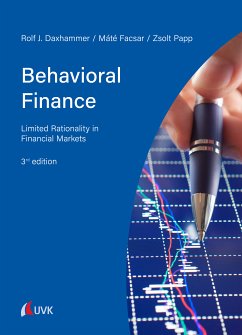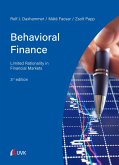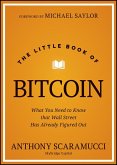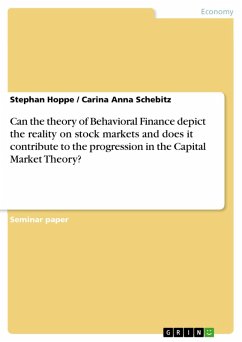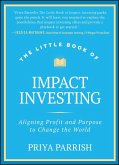Over the last 50 years, neoclassical financial theory has been dominating our perception of what is happening in financial markets. It has spurred numerous valuable theories and concepts all based on the concept of Homo Economicus, the strictly rational economic man. However, humans do not always act in a strictly rational manner. For students and practitioners alike, our book aims at opening the door to another perspective on financial markets: a behavioral perspective based on a Homo Oeconomicus Humanus. This agent acts with limited rationality when making decisions. He/she uses heuristics and shortcuts and is prone to the influence of emotions. This sounds familiar in real life and can be transferred to what happens in financial markets, too.
Dieser Download kann aus rechtlichen Gründen nur mit Rechnungsadresse in A, B, BG, CY, CZ, D, DK, EW, E, FIN, F, GR, H, IRL, I, LT, L, LR, M, NL, PL, P, R, S, SLO, SK ausgeliefert werden.

